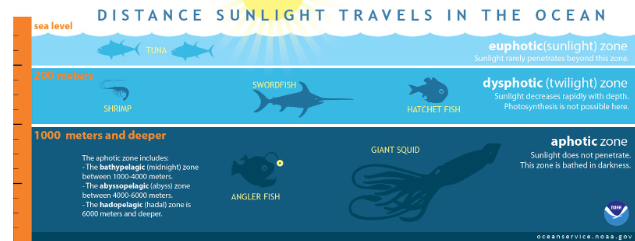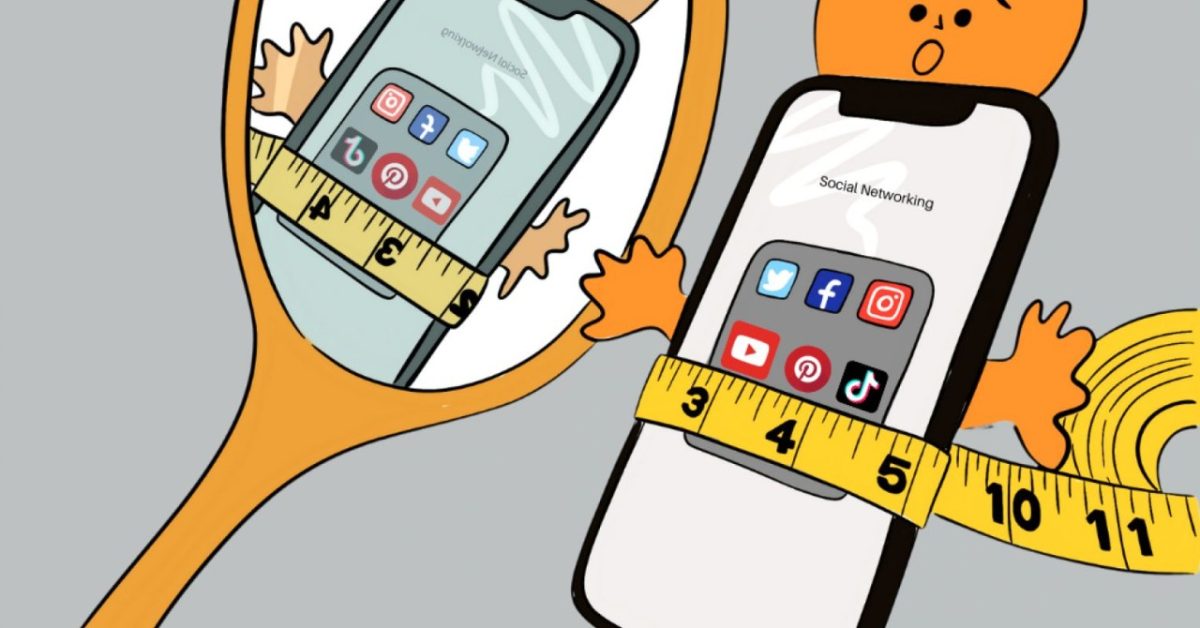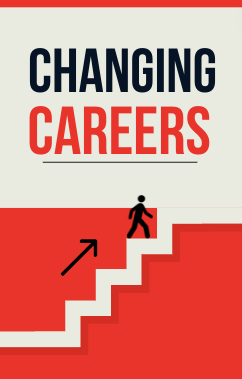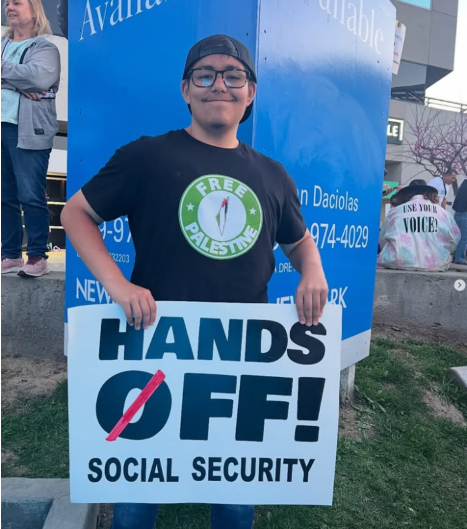Should College Be Free?
As a junior in high school graduating with the class of 2025, I have been forced to think and make choices about colleges a year earlier than my peers. This got me into the process of applying to colleges and weighing out the pros and cons.
College can be a touchy subject to some; it can either be a “waste of time” or “the best opportunity that can happen to someone”. The idea of free college is a topic of a lot of debate. While some argue it could lead to a more educated workforce and boost economic growth, others worry about potential downsides like increased strain on government budgets and a devaluation of degrees. There’s also a concern about how to fund free college and ensure quality.
In a recent article by College Raptor Stuff, which was last updated on February 25, 2025, there are several reasons why some people are for college being free and why some are against it.
One of the main reasons why college should be free is that it would not allow student debt to crush the younger generation. Cost is a big part of college; most of the time, students can get into their dream school, but can’t go because of tuition. The average student loan debt for college students in the U.S. is around $39,000. “If an American college student is able to graduate with less than $10,000 in student loan debt, they are considered lucky” (College Raptor Staff). This forces students to look at the weight of student loan debt. Without that debt burden, more college graduates could have the opportunity to buy houses and cars sooner rather than later. It can also become easier when it comes to buying healthier food options. More importantly, with less debt generally comes less stress.
Another positive for making college free is that more people would attend. By negating the cost of college, we could most likely see an increase in the number of students able to attend college. It would change the minds of students who hadn’t thought about attending before. If college didn’t cross their mind, then it would now. This being said, there could be a stronger workforce.
Colleges often offer majors related to what one chooses when applying. College education teaches a variety of skills that can be challenging to master. In the same article, it says, “A range of available courses during the four years of college can teach students problem-solving, critical thinking, cooperation, communication, conflict resolution, networking, and more” (College Raptor Staff). With all of these skills that would be granted over time can translate directly to the workplace, which can elevate productivity and efficiency and improve company culture and overall performance.
There are potential downsides that need to be considered for making college free. One of the main reasons why it shouldn’t be free is that it might not be taken seriously. A tuition-free college could result in some students not taking it seriously and putting in their best work. If college were free, “students might be more likely to skip classes, change their major, and study less” (College Raptor Stuff). The money for college has to come from somewhere. If America were to move to a tuition-free college policy, where would the money come from? Taxes would increase and would impact everyone, the upper middle class as well as those in higher income brackets.
Another reason would be that more people would go to college. Although this was said in the positives and that it would be good there, it could be considered a downside. It could be argued that college being free could actually decrease the value of a college degree. Since everyone can afford one, it may become common and easier, and could lower salaries for those who already have a bachelor’s and those who graduate. Colleges only have so much space. With the increase of applicants to schools, more students could be wait-listed, and it could become even more difficult to get into even less competitive colleges.
In my opinion, college should not be free because it simply isn’t a realistic or fair approach. Taxpayers shouldn’t have to be responsible or in charge of the bill for everyone’s education, especially when not everyone uses a college degree to contribute back to their community. Free college might also lower the overall value of a degree and encourage people to attend just because it’s free, not because they’re truly motivated. Instead of handing out free tuition, we should focus on making college more efficient, improving financial aid for those who actually need it, and promoting alternative paths like trade schools. Not everyone needs college, and not everyone should have to pay for it.




































